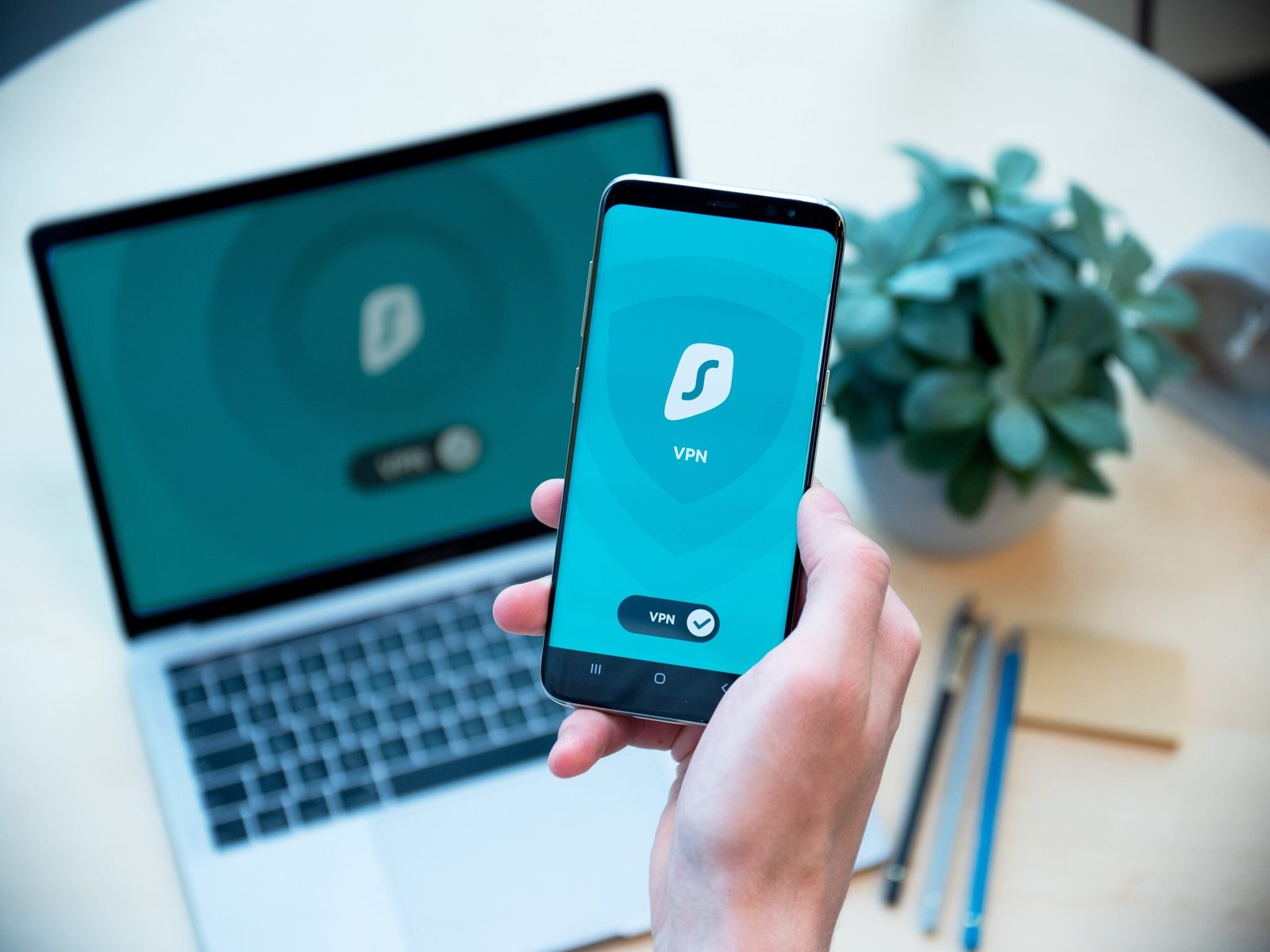Introduction
As the digital landscape continues to evolve, staying safe online has become more crucial than ever. With cyber threats on the rise, it is essential to take proactive measures to protect your personal information and maintain your online security. In this blog post, we will explore the top 10 ways to stay safe online, incorporating the latest trends and providing valuable tips to ensure your online safety.
1. Keep Your Software Up to Date
One of the most effective ways to protect yourself online is to keep your software up to date. This includes your operating system, web browsers, and antivirus software. Regular updates often contain security patches that address vulnerabilities and protect against emerging threats. Set your software to update automatically, or check for updates regularly to ensure you are running the latest versions.
2. Create Strong and Unique Passwords
Creating strong and unique passwords is essential in safeguarding your online accounts. Avoid using common passwords or personal information that can be easily guessed. Instead, opt for long passwords that include a combination of upper and lowercase letters, numbers, and special characters. Consider using a password manager to securely store and generate complex passwords for each of your accounts.
3. Enable Two-Factor Authentication
Two-factor authentication adds an extra layer of security to your online accounts by requiring a second form of verification, such as a code sent to your mobile device, in addition to your password. Enable two-factor authentication whenever possible to protect your accounts from unauthorized access.
4. Be Cautious of Phishing Attempts
Phishing attempts have become increasingly sophisticated, making it essential to be vigilant when it comes to emails, messages, and links. Avoid clicking on suspicious links or downloading attachments from unknown sources. Be wary of emails or messages that request personal information or urge you to take immediate action. When in doubt, verify the legitimacy of the communication through a trusted source.
5. Secure Your Wi-Fi Network
Your home Wi-Fi network can be vulnerable to attacks if not properly secured. Change the default username and password of your router to a strong and unique combination. Enable network encryption, such as WPA2, to protect your Wi-Fi network from unauthorized access. Regularly update your router’s firmware to ensure you have the latest security patches.
6. Use Secure Websites
When browsing or making online transactions, ensure you are using secure websites. Look for the padlock icon in the browser’s address bar and check that the website’s URL starts with “https://” instead of “http://”. Secure websites encrypt your data, making it more difficult for hackers to intercept and misuse your information.
7. Be Mindful of Social Media Privacy
Review your social media privacy settings to control who can see your posts and personal information. Limit the amount of personal information you share publicly and be cautious of accepting friend requests or interacting with unknown individuals. Regularly review and update your privacy settings to ensure your information is only visible to those you trust.
8. Use a Virtual Private Network (VPN)
A Virtual Private Network (VPN) encrypts your internet connection, providing an additional layer of security when accessing the internet. It masks your IP address and encrypts your data, making it difficult for hackers to track your online activities. Use a reputable VPN service when connecting to public Wi-Fi networks or when accessing sensitive information.
9. Regularly Back Up Your Data
Backing up your data regularly is crucial in case of a cyber attack or hardware failure. Create regular backups of your important files and store them securely, either on an external hard drive or in the cloud. This ensures that even if your device is compromised, you can restore your data and minimize the impact of a potential loss.
10. Educate Yourself and Stay Informed
Stay updated on the latest cybersecurity trends and threats by following reputable sources, such as cybersecurity blogs and news websites. Educate yourself on common scams and techniques used by cybercriminals. By staying informed, you can make informed decisions and better protect yourself online.
FAQs
Q: How often should I update my software?
A: It is recommended to set your software to update automatically or check for updates at least once a week.
Q: Are password managers secure?
A: Yes, password managers use advanced encryption techniques to securely store and generate complex passwords. However, it is important to choose a reputable password manager and use a strong master password.
Q: Can I use the same password for multiple accounts?
A: It is highly discouraged to use the same password for multiple accounts. If one account is compromised, all your other accounts would be at risk.
Q: How can I identify a phishing email?
A: Look for suspicious email addresses, grammatical errors, and requests for personal information. Be cautious of urgent or threatening language and verify the legitimacy of the email through a trusted source.
Q: What are the benefits of using a VPN?
A: VPNs provide secure and private internet connections, allowing you to browse the web anonymously and access geo-restricted content. They also protect your data from potential eavesdropping and hacking attempts.
Tips
– Regularly review your online accounts for any suspicious activity.
– Use a firewall to add an extra layer of protection to your devices.
– Be cautious when downloading files or software from the internet.
– Avoid using public computers or Wi-Fi networks for sensitive activities.
– Teach your children about online safety and monitor their internet usage.
Conclusion
Staying safe online is a shared responsibility. By implementing these top 10 ways to stay safe online, you can protect yourself from cyber threats and maintain your online security. Stay informed, be proactive, and make cybersecurity a priority in your digital life. Remember, your online safety is worth the effort.
Call to Action
Help spread awareness about online safety by sharing this valuable information with your friends and family. Together, we can create a safer digital environment for everyone.









